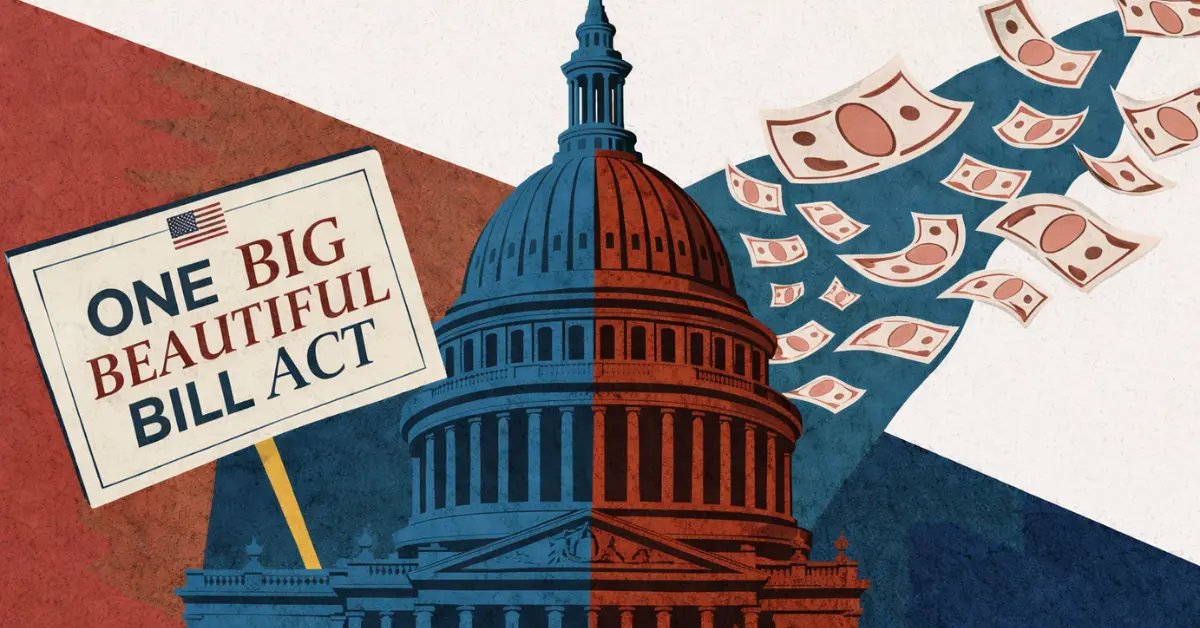CPA Educational Requirement
While the CPA designation is nationally recognized, each state has its own CPA examination requirements. The first requirement is the educational requirement. Virtually all states require that you have 150 hours of higher academic education, meaning that you most likely will need a four-year bachelor’s degree, plus 30 additional hours, possibly obtained through an MBA program.
Most states likewise require that your degree(s) include a minimum number of accounting courses and business courses. The states that currently require the fewest number of accounting hours include the following:
- Alaska – 24 credit hours
- Georgia – 24 credit hours
- Hawaii – 18 credit hours
- Maine – 15 credit hours
- Massachusetts – 30 credit hours
While these states have more lenient accounting hours requirements, each one has additional requirements that may make it more difficult for you to pass the CPA examination there.
As for the number of business course hours you need, this, too, varies by state, with most states requiring at least 24 such hours.
So, the real answer to the question: Do Finance Courses Count Towards a CPA? is yes, but only as the non-accounting and non-business part of your 150 total hours.
CPA Experience Requirement
Most states also require you to have one to two years of relevant and verified accounting experience before becoming a CPA. Usually, this means public accounting experience, but some states allow it to be in a corporate, not-for-profit, government, or academic setting. A few states allow you to gain this experience by working as an apprentice or intern under someone who has already attained his or her CPA designation.
Get Started with a 7-Day Free Trial
CPA Ethics Requirement
In addition to the educational and experience requirements, you will need to pass an ethics exam in order to become a CPA. Again, the specifics of this exam (and whether or not it is required for licensure) vary state-by-state, but you can expect to have to demonstrate your integrity and your ability to meet your fiduciary responsibilities when working as a CPA.
CPA Pitfalls for Non-Accounting Majors
If you are currently a finance or economics major at an accredited college or university, your biggest stumbling blocks to obtaining your CPA license most likely will be the following:
- Getting a sufficient number of accounting hours
- Getting a sufficient number of business hours
- Getting the required accounting experience
If you think there’s any possibility that you may want to take the CPA Exam in the future, take as many elective accounting and business courses as possible while earning your 120-hour bachelor’s degree. Then seriously consider obtaining an MBA for your other 30 hours.
Fulfilling your accounting experience requirement can be considerably more tricky, but it’s doable. Check with your academic advisors to see what suggestions they have.
CPA Review Course
Finally, be sure to take a CPA review course before sitting for your CPA Exam. UWorld Roger CPA Review offers the only US Certified Public Accountant Prep Courses Online that include the highest-quality CPA Exam questions and answers, the profession’s most engaging and effective lectures, and signature time-saving technology. See what is unique about our CPA Exam Review Courses by taking a free trial!




